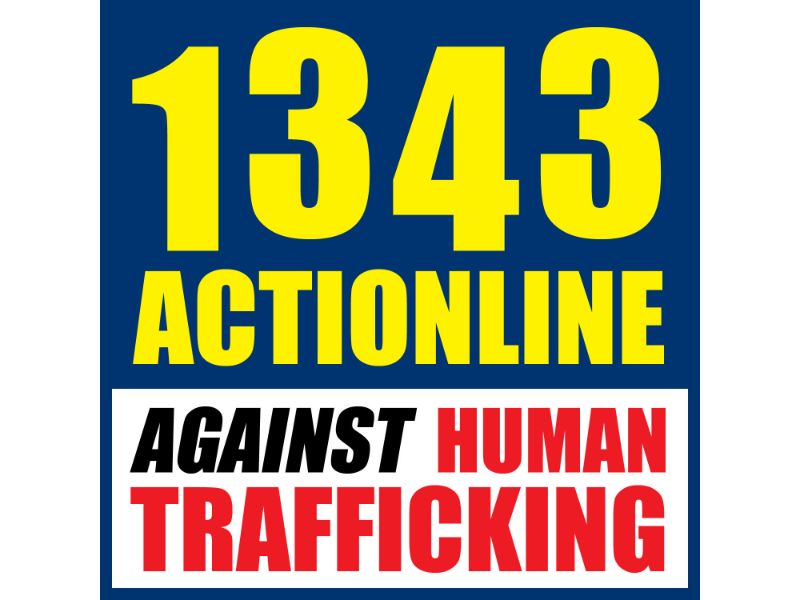COTABATO CITY -- The Autonomous Region in Muslim Mindanao (Armm) will launch Thursday morning its Council Against Trafficking (Acat) in an effort to contain the increasing number of Armm residents being victimized by human traffickers.
Armm Governor Mujiv Hataman will formally launch Acat and meet the United Nation repertoire, including the United Nations Children's Fund (Unicef) representatives to discuss the real situation of human trafficking cases in the region.
Hataman, together with the international partners, National Census Office, Department of Justice, Bureau of Immigration, Regional Planning Development Office, and IACAT representatives are expected to sign a strategic plan of action against trafficking in persons of the Armm.
Lawyer Anwar Malang, Armm executive secretary, said the launching is very timely with the Sheik Makhdum Day on his arrival in this part of the Philippines.
Sheik Makhdum was the one of the international Islamic religious missionaries who brought Islam Western Mindanao.
Malang said the launching is the aftermath of the initial discussions in the Office of the Regional Governor on human trafficking and finalized in Davao City last September.
In a statement released by Armm Bureau of Public Information, Malang said Acat was formed in response to reports that Armm is the country's primary source of victims of local and international human trafficking, using the provinces of Sulu and Tawi-Tawi as gateways to Malaysia, Indonesia and other Asian countries.
The Acat's mission is to prevent trafficking in persons, prosecute and penalize perpetrators and undertake measures to rehabilitate and reintegrate victims.
Initially, it has six clusters namely legislative, advocacy, skills training for repatriated Filipinos and victims, law enforcement and prosecution, recovery and rehabilitation and documentation.
Authorities noted that there are 14 regional task forces against trafficking in persons all over the Philippines that monitor incidents of human trafficking and document the number of rescued victims.
Based on reports, out of 1,800 overseas Filipino workers (OFWs) repatriated from war-torn Syria, 75 to 85 percent were from Mindanao.
And of the OFWs from Mindanao, 75 percent were from the Armm, especially in Maguindanao, Basilan, Sulu and neighboring towns.
With the launching of the Acat, Hataman said, they hope they can finalize all the actions and protection for their people in ARMM and reintegration of all the human trafficking victims.
"We should not be the victims. Our people should not be the victims and our areas should not be the exit points. We are expecting that our people going out of the country will be properly documented," Hataman said.
As part of its goals, Acat plans to put up a "one stop shop" center to be based in Tawi-Tawi that shall institutionalize efficient and functional system to address perpetrators of of trafficking in persons.
"We deem it necessary to have our own Acat because the victims came mostly from the Armm and to hasten a comprehensive and pro-active anti-human trafficking campaign," Malang said. (PNA)
